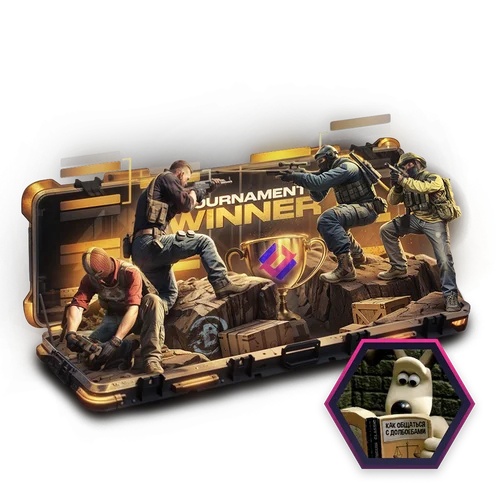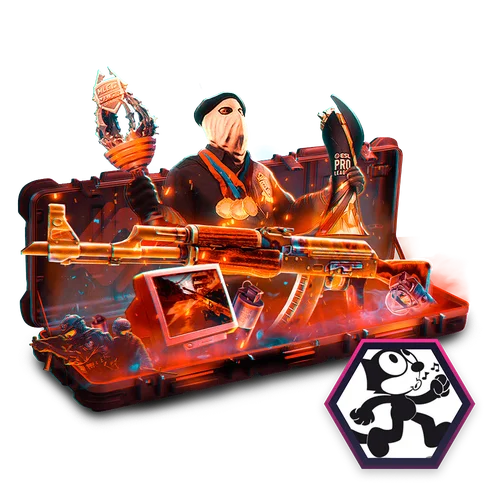Becoming a professional Counter-Strike player is a dream for many, but few fully understand the hard work, structure, and discipline that go into a typical day.
Here’s a look inside what a day usually looks like for a pro team — both from my personal experience and what’s commonly practiced across the CS scene.
Morning Routine: Waking Up the Mind and Body
When I was playing at a pro level, the routine started as soon as I got out of bed — getting some sunlight, having a good breakfast, and easing into the day were important. Before diving into any aim training or scrims, I’d usually start by watching demos, just to get my head in the right space. The reason is simple: your body takes some time after waking up to fully activate the motor control center.
If you jump straight into hard mechanical tasks, your performance will suffer. Instead, easing into cognitive tasks like demo reviews allows you to start the day focused but not forced.
Which demos you should watch can vary:
- Reviewing your own games to identify mistakes.
- Watching specific players in your own position to find improvements.
- Analyzing macro play (how rounds develop) or micro details (individual duels).
- Learning new grenades or strategic setups.
- Studying upcoming opponents for tactical preparation.

As a pro you get the privilege to spend many hours in demo reviewing
Aim and Movement Training: Sharpening the Practical Tools
After the mental warm-up, it’s time to wake up the mechanical side — aim and movement.
There are several ways different pro players train aim and movement, and there are pros and cons to them all:
- Aim trainers (like Aim Lab or Kovaak’s)
Pros: Fast repetition
Cons: Less “real CS” feeling - Deathmatch
Pros: Real CS environment
Cons: Chaotic, not always quality practice - Custom training maps (like aim_botz)
Pros: Highly focused
Cons: Less dynamic - Community movement servers
Surf/KZ maps help you improve your movement
From my experience: I usually spent around 30–45 minutes on aim maps, focusing on flicking, spraying, and bursting before praccs. My focus was always on just shooting in a more relaxed manner.
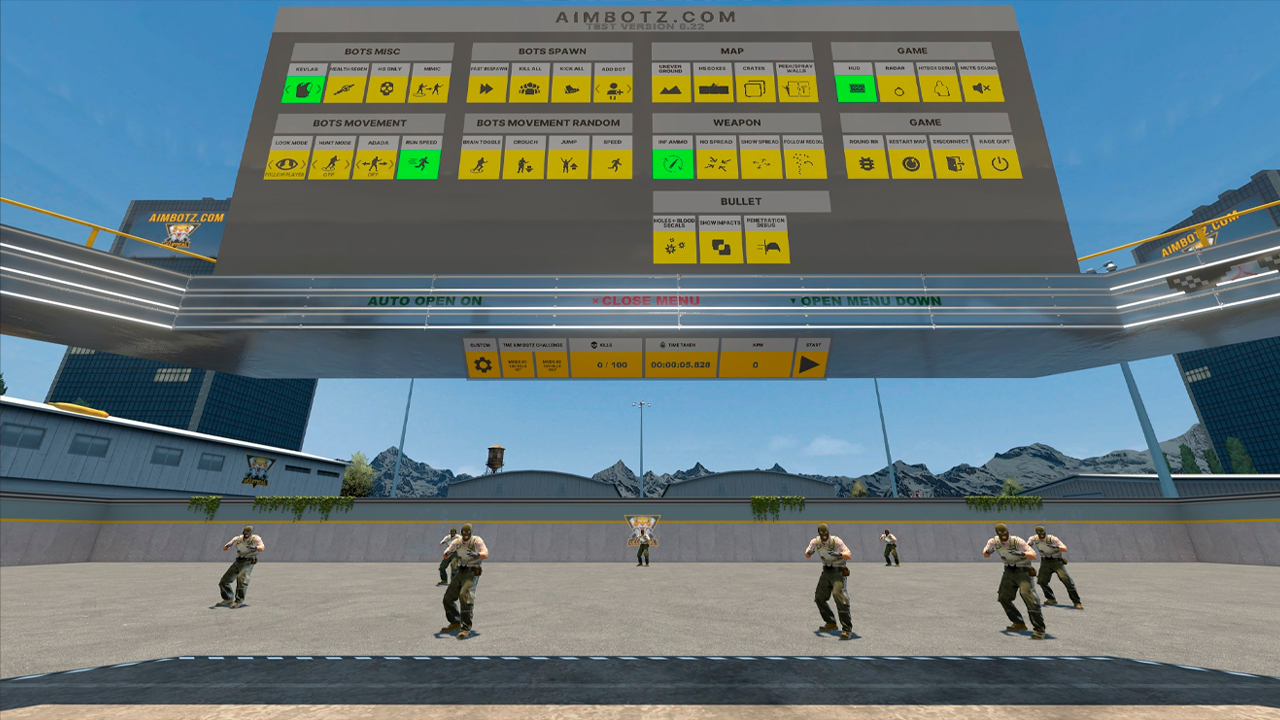
Practice makes perfect
Team Practice Starts: Theory and Discussion
Now the day together with the team officially starts.
Almost every team I’ve been in (and most pro teams today) starts with around one hour of theory.
Theory sessions can include:
- Reviewing the previous day’s practice games.
- Studying opponent tendencies.
- Brainstorming & dry running new strategies or grenade lineups.
- Discussing economy management and round planning.
- Reviewing communication and fixing misunderstandings.
Theory is not about lecturing; it’s about discussion. Good teams involve everyone so that the ideas belong to the group, not just the coach or in-game leader.
Scrims/Praccs
After theory, it’s time for practice matches — aka praccs.
Typically, teams plan for around 4 to 6 praccs per day, split by a lunch break.
A typical pracc schedule might look like:
- 2-3 matches → Lunch break (~45 min)
- 2-3 matches → Afternoon session
These games are not only “for fun” — they are training arenas. Teams practice specific setups, polish defaults, dry-run executes under time pressure, and rehearse their reactions.
Sometimes, you may intentionally place yourself in tougher situations to test your strategies under pressure. It’s also crucial for your team to have a clear objective for the practice session — are you focused on simply winning the practice, or are you experimenting with specific rounds or strategies?
Ending the Day: Debrief and Reflection
After the praccs, a good team doesn’t just log off immediately.
Almost always, we would have a small meeting called a “debrief” or “emptying the backpack”.
In this session:
- Everyone shares one or two thoughts — positives, negatives, feelings.
- The coach or IGL sums up the day.
- If anything urgent happened during the day (disagreement, confusion), it’s cleared up right away.
This way, no one carries negative energy into the next day. From my experience, skipping debriefs leads to small resentments and misunderstandings piling up. Talking every day builds trust faster than anything and makes the team become one unit.
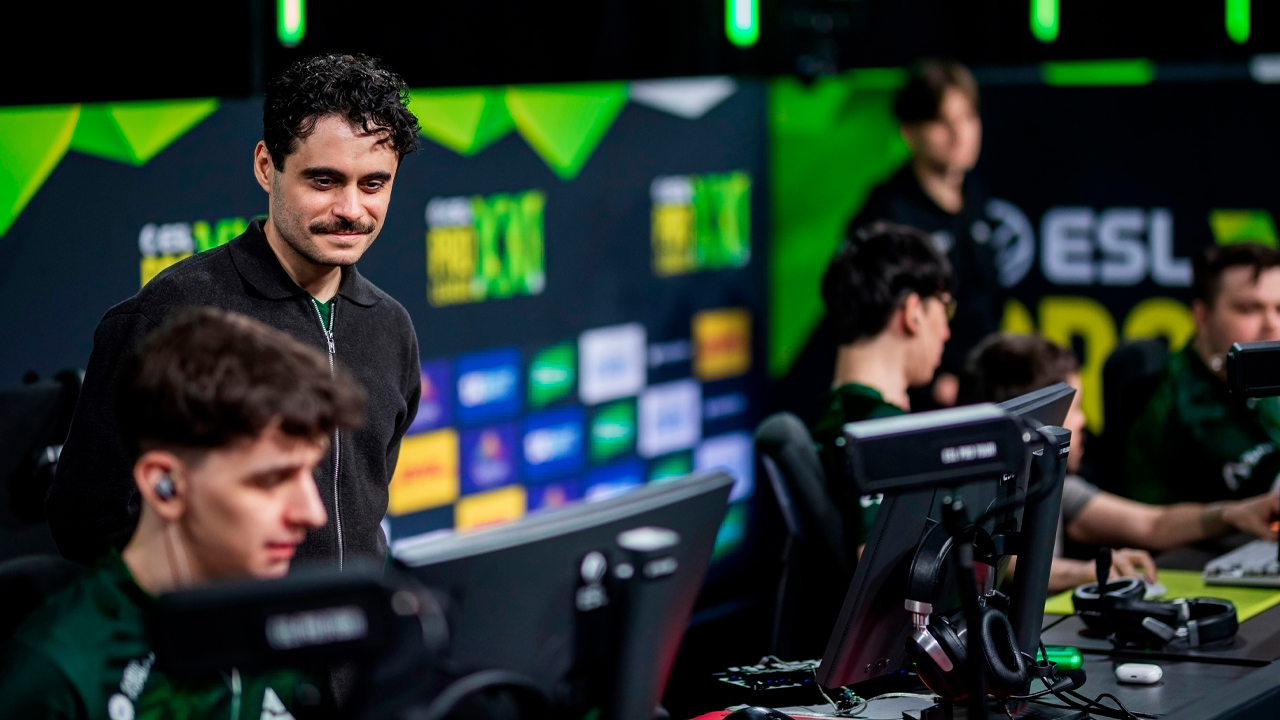





























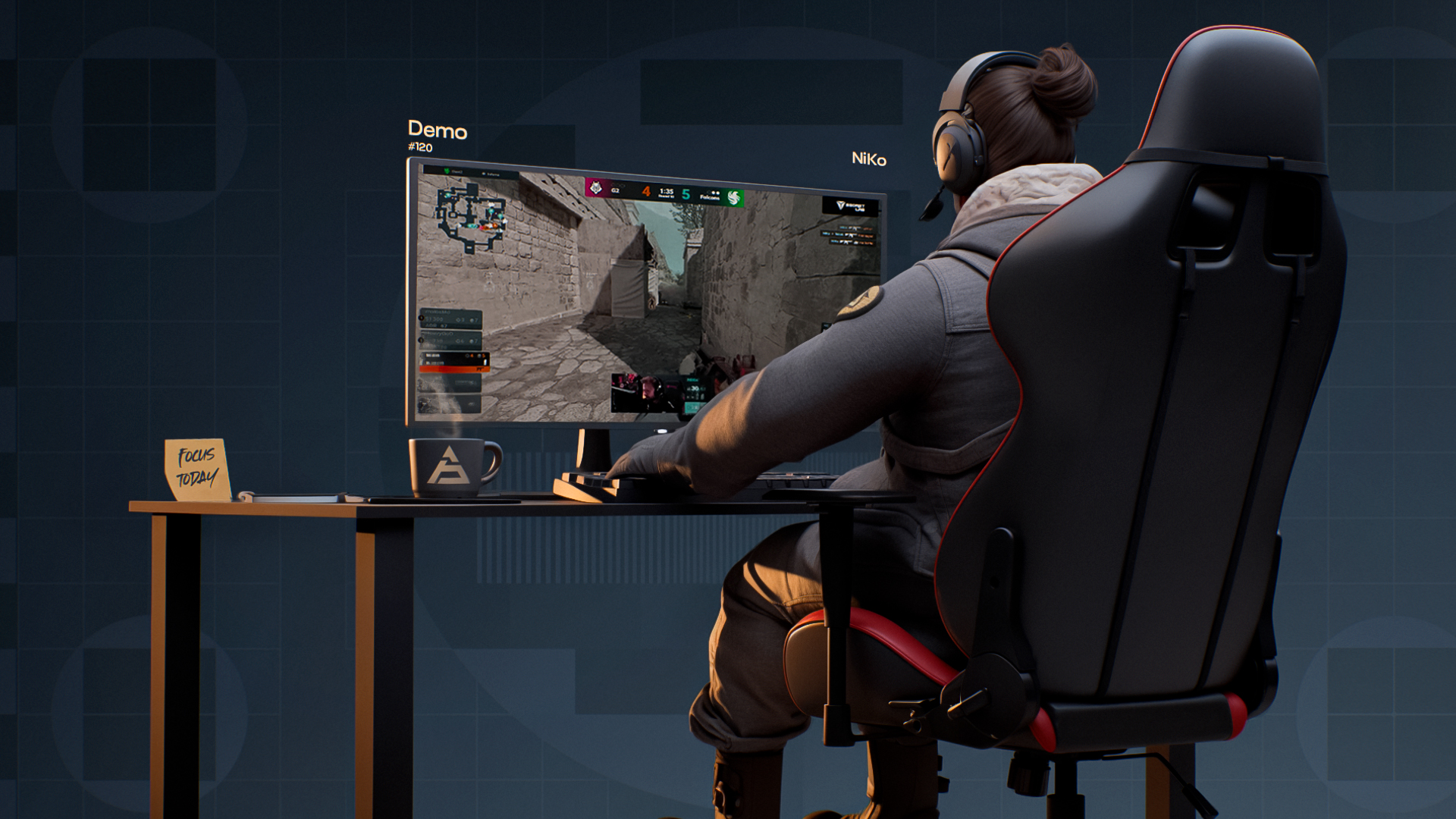
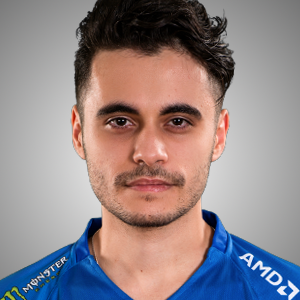


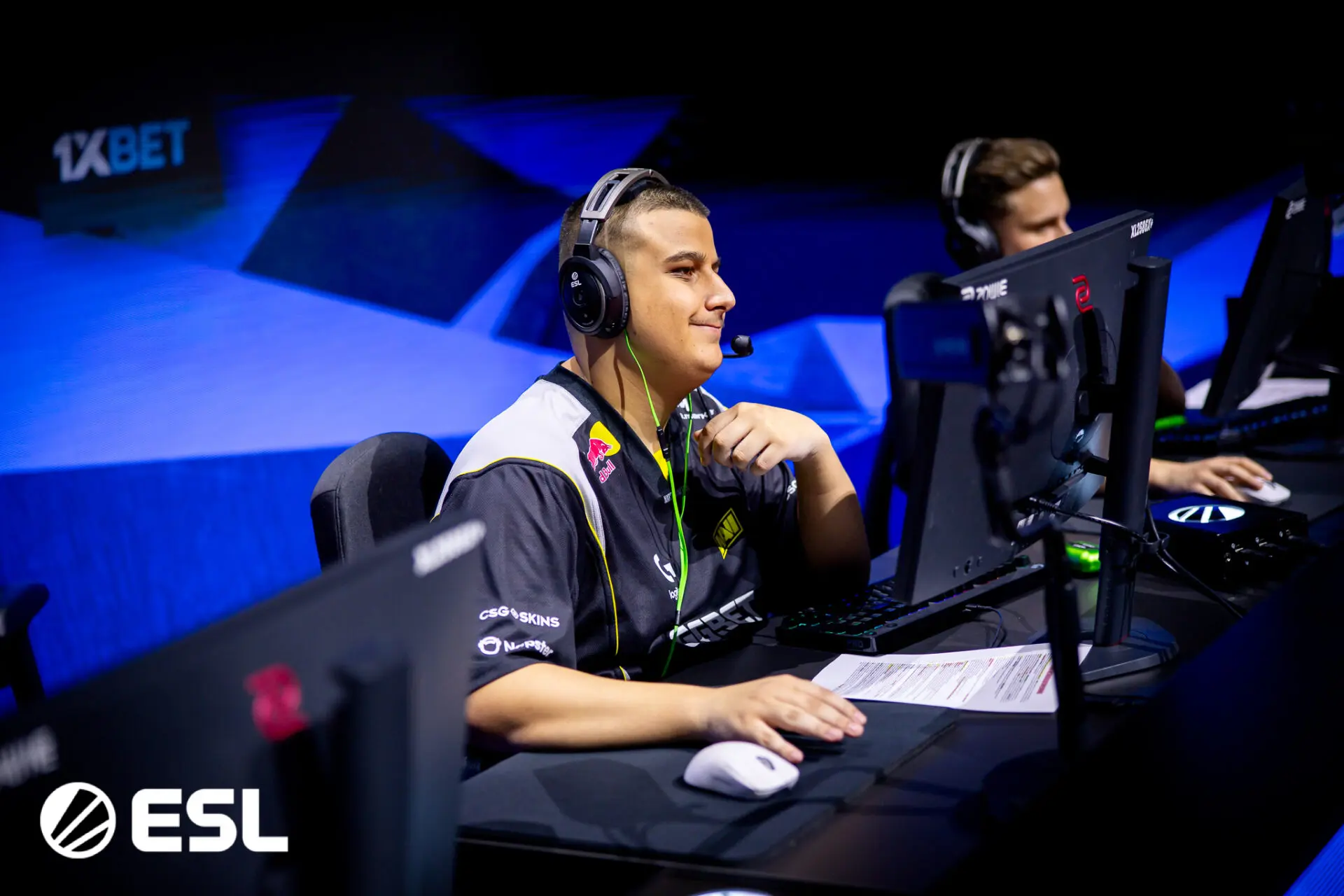

![kyousuke CS2 Settings: Full Guide [2025]](https://skin.club/community/wp-content/uploads/2025/08/Main-x-Name.jpg.webp)




